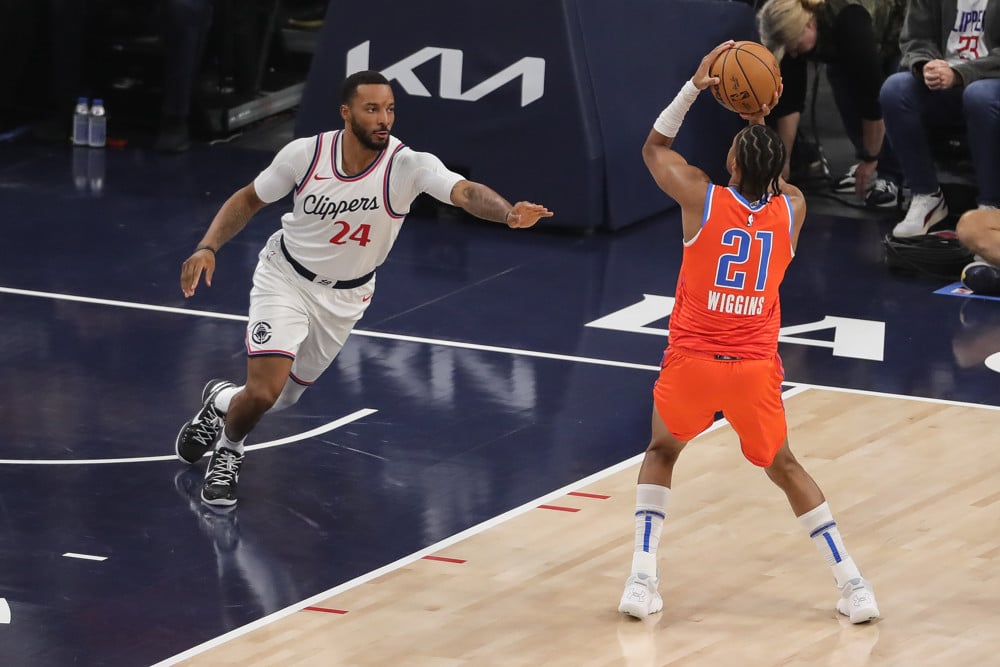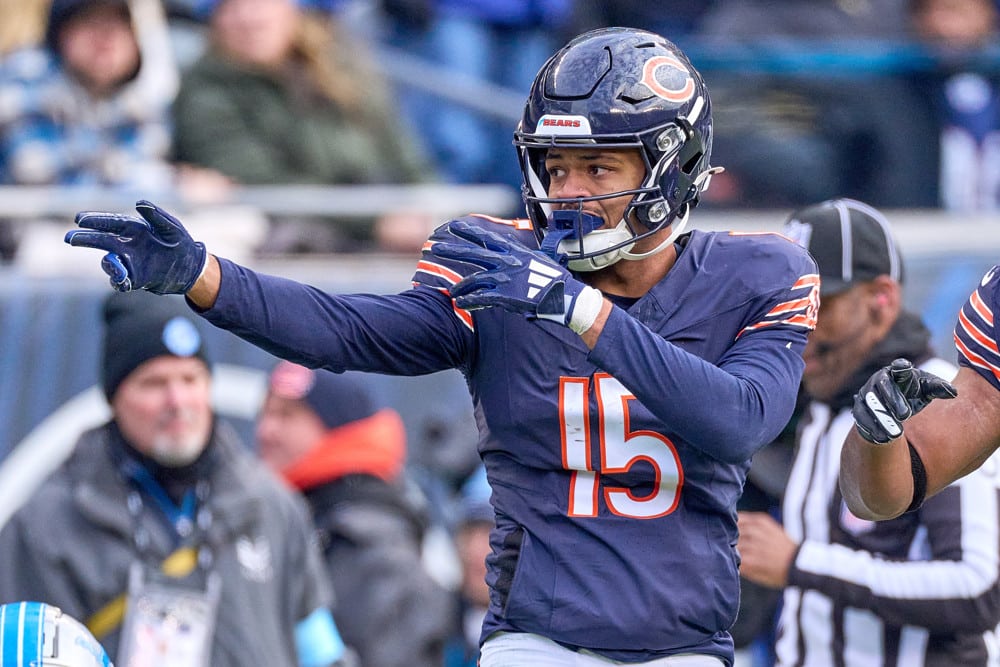Fashion
Colombian Designer Found Fashion Inspiration in Coconut Shells

MANHATTAN —
For many in Colombia, the coconuts that fall from the trees onto local beaches can be dismissed as waste. But for Colombian fashion designer Isabella Espinosa — who grew up in Colombia, helping at her father’s undergarments company before launching her own swimwear line — the ubiquitous shells provided a quirky, sustainable new opportunity.
“What if we pack the bikinis into coconut shells?” Espinosa, 28, said of the distinctive packaging that inspired her Fruit Jungle collection, one of the first in the fashion line, Baobab, that she founded in 2015.
Espinosa worked with the artist Pilar Hernandez to create the coconut-shell bikini packaging that attracted the attention of Victoria’s Secret. Since then, Espinosa’s creations have been sold at Saks Fifth Avenue, Bloomingdale’s and Revolve.
This spring, she expanded into her latest storefront — Baobab’s flagship store at 392 Bleecker Street in the West Village. Espinosa and her team marked the launch with a runway show that filled nearby streets with the line’s “Beach to Bar” outfits, meant to double as swimsuit coverups or outfits for drinks with friends.
((Reporter: Liz Lozano, Videographer and editor: Darian Mozo)
People, Planet and Community
The flagship store’s opening felt like a natural step for Espinosa, whose brand’s global revenues have grown from $250,000 in 2020 to $5 million in 2022, according to Women’s Wear Daily. The Baobab line is now sold in more than 200 boutiques and department stores worldwide, according to the company.
Espinosa said her goal in expanding into the U.S. market “is about showing the value of what Colombia is.”
She added that “being faithful to our essence is the most important,” and said that spirit is imprinted on every detail of her designs: iridescent textures, light elastic fabrics and minimalist accessories made of sustainable materials.
She said her business model is modeled on three pillars: people, planet and community.
A model from Baobab’s runway show. (PHOTO/Courtesy Baobab)
The environmental philosophy starts with the name — Baobab — which Espinosa was inspired to name in honor of the African tree known as “the tree of life,” she said.
She said she seeks to create innovative pieces, while challenging design and sustainability paradigms. She said her company prioritizes reducing waste in the production process, and seeks to create garments that won’t end up in the landfill. The company also donates to the organization Corales de Paz on Colombia’s San Andrés Island, to support the restoration of several coral colonies.
She and her team are also looking to increase the range of bodies on her runway, including plus size models, she said.
“Faith Isn’t Blind, it’s Visionary”
As a 22-year-old law student at Universidad de los Andes in Bogotá, Espinosa found her passion in designing bikinis. Near the end of her studies, she studied during the day and designed at night, surrounding herself with law books, stretchy fabrics, bra cups and scissors.
She said she even declined a graduate assistantship to make time to design swimwear — saving up her lunch money to buy materials.
“A lunch was the equivalent of five [bra cups]” she said.

Fashion line Baobab celebrated their grand opening of a West Village store with a runway show. (PHOTO/Courtesy Baobab)
Starting at age 11, Espinosa had been involved in her father’s undergarments company, Las Gatas, where she learned how to talk with suppliers, check the work at every point and count the cash. She said those lessons helped her make difficult decisions like whether to accept an invitation to work in high-level Colombian politics – an opportunity she ultimately chose to decline, with the support of her father.
“If you want to, Baobab will be as big as any opportunity you ever receive,” she remembers him telling her.
Baobab got its humble beginnings on Instagram and through the Colombian artisan fair Buró, where Espinosa said the warm welcome was a sign to her that she was on the right path.
“Faith isn’t blind: it’s visionary,” she said.
Raising the Profile
Over time, she developed her brand, focused on resort wear that can work at the beach, the pool, a bar, a brunch or even at work — a need she said is as relevant for Colombians as it is for busy New Yorkers.
In Espinosa’s view, opening a store in New York benefits not only her brand, but also Colombian and other Latino designers.
“We love being in fashion and creating change,” she said. “As we gain visibility and create awareness worldwide, we also do a cascade of attention over other Colombian and Latino designers.”
She said that’s why she chose to do all of her design, manufacturing and production in Colombia.
“All the materials embrace the Baobab essence,” Espinosa said, “and create a universe in the store.”

FUN AND FUNCTION: The fashion line Baobab prioritizes sustainable materials. (PHOTO/Courtesy Baobab)






